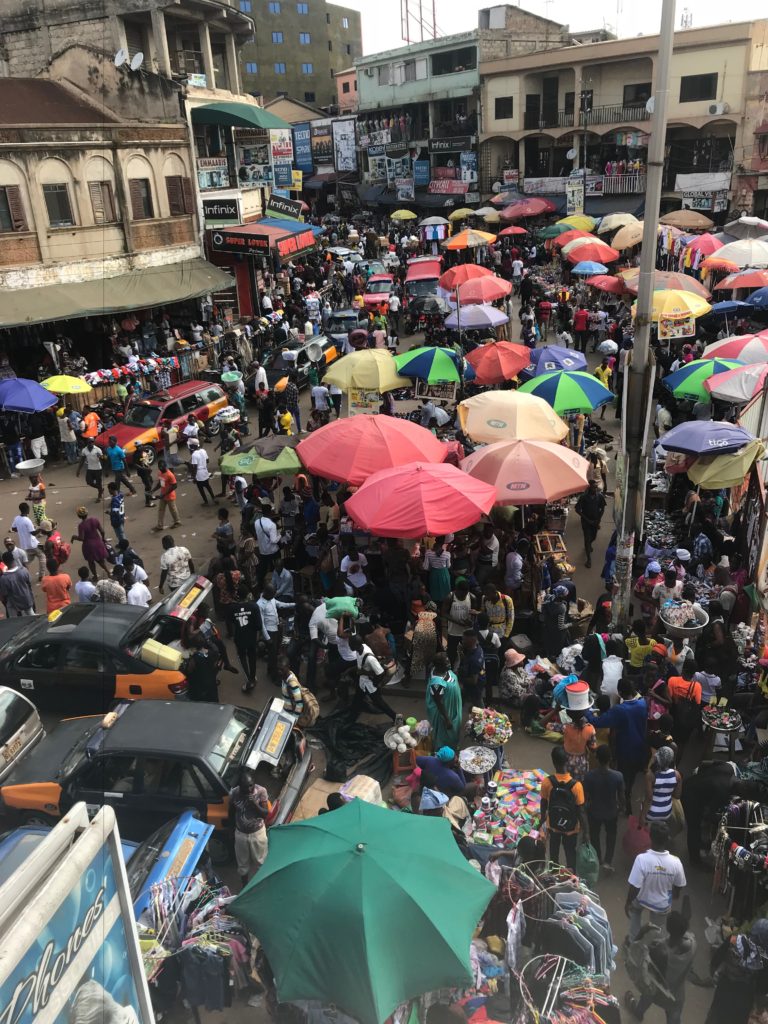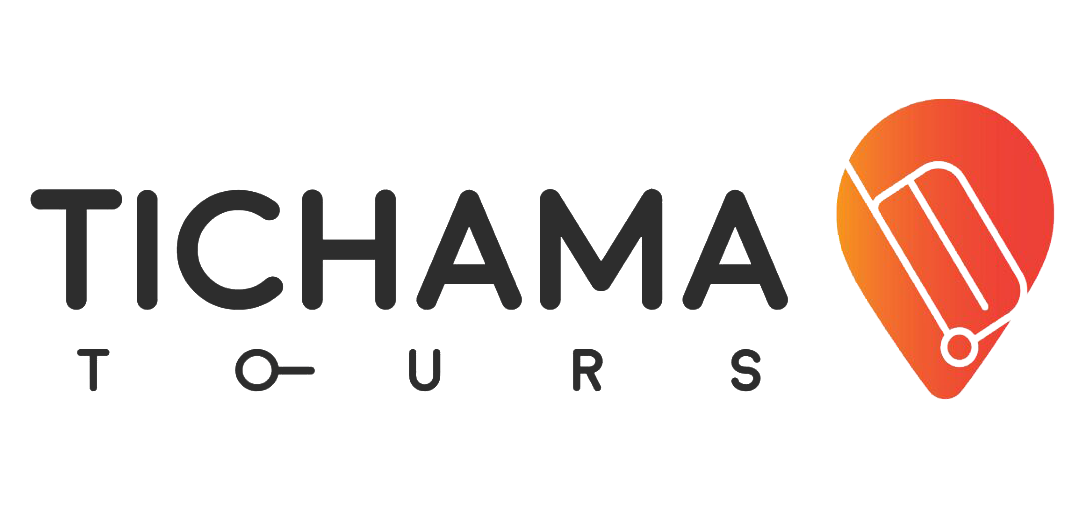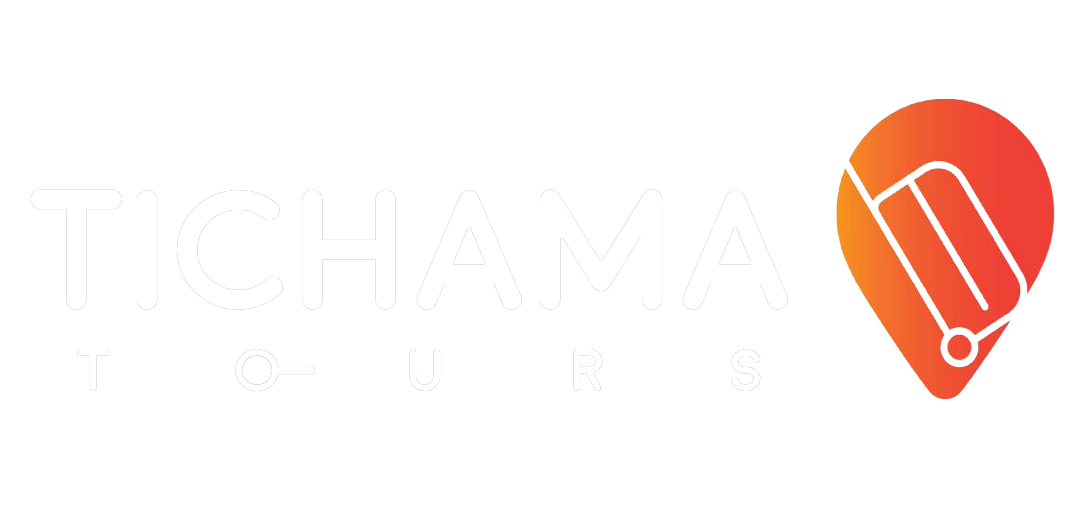SHORT HISTORY OF GHANA
The Republic of Ghana is named after the medieval Ghana Empire of West Africa. The actual name of the Empire was Wagadugu. Ghana was the title of the kings who ruled the kingdom. It was controlled by Sundiata in 1240 AD, and absorbed into the larger Mali Empire. (Mali Empire reached its peak of success under Mansa Musa around 1307.)
Geographically, the old Ghana is 500 miles north of the present Ghana, and occupied the area between the Rivers Senegal and Niger.
Some inhabitants of present Ghana had ancestors linked with the medieval Ghana. This can be traced down to the Mande and Voltaic people of Northern Ghana–Mamprussi, Dagomba and the Gonja.
Before March 1957 Ghana was called the Gold Coast. The Portuguese who came to Ghana in the 15th Century found so much gold between the rivers Ankobra and the Volta that they named the place Mina – meaning Mine. The Gold Coast was later adopted to by the English colonisers. Similarily, the French, equally impressed by the trinkets worn by the coastal people, named The Ivory Coast, Cote d’Ivoire.
In 1482, the Portuguese built a castle in Elmina. Their aim was to trade in gold, ivory and slaves. In 1481 King John II of Portugal sent Diego d’Azambuja to build this castle.
In 1598 the Dutch joined them, and built forts at Komenda and Kormantsil. In 1637 they captured the castle from the Portuguese and that of Axim in 1642 (Fort St Anthony). Other European traders joined in by the mid 18th century. These were the English, Danes and Swedes. The coastlines were dotted by forts built by the Dutch, British and the Dane merchants. By the latter part of 19th century the Dutch and the British were the only traders left. And when the Dutch withdrew in 1874, Britain made the Gold Coast a crown colony.

WHY GHANA
Ghana is a great place to start. Known as “Africa for beginners”, the perfect place to get acquainted with the diversity of the continent. There are many reasons to visit. There is rich culture and history, wildlife and some of the most beautiful beaches. These are just few of the things you can do in Ghana.
In Ghana, you will have the opportunity to learn about the country’s dark yet lustrous history..Along the country there are over 30 heritage castles.
The culture of Ghana is very different to what you are used to, you will see people dancing and wearing beautiful patterned colored clothing, which can be handmade for you by local tailors. The streets are filled with music and you will see big and small markets at every corner. You will be able to buy traditional craft on the streets. Drumming is a significant part of the Ghanaian art and if you are interested lessons can be arranged for you to try your hands on some drumming. It is very easy to communicate while in Ghana as the official language is English and almost everyone can speak some words in English.
We are known for our hospitality. For instance, on the streets you will meet people who genuinely want to get to know you and welcome you to the country. It is easy to make friends with local people who will show interest in teaching you things about Ghana.
You will hear the word “Obroni” (foreigner) quite often, but do not get offended is it a local way of trying to start a conversation and get to know you more.
AKWAABA (WELCOME).
QUICK FACTS ABOUT GHANA
- Ghana stands for “Warrior King” in the Soninke language
- First nation in Africa to gain independence from the British in 1957
- Ghana is the second largest producer of Cocoa in the world
- Has the largest open Market in West Africa
- Ghana host the oldest European castle in Elmina
- Obroni means (foreigner)
- Ghanaians enjoy dancing, playing the drums and like food
- Ghana has a population growth rate of 2.2% (2017 est.)
- Ghana has a very hot climate as it is near to the equator
- Lake Volta, in the Volta region of the country, is the world’s largest man-made lake. It’s 250 miles long and covers 3,283 square miles, or 3.6 percent of Ghana’s area.
- The currency unit in Ghana is called the Cedi. The word ‘cedi’ comes from a local word meaning a cowry chell. Cowry shells (from sea snails) were once used as money in Ghana
- ‘Chale’ is a common way to address others as it means ‘friend’.



